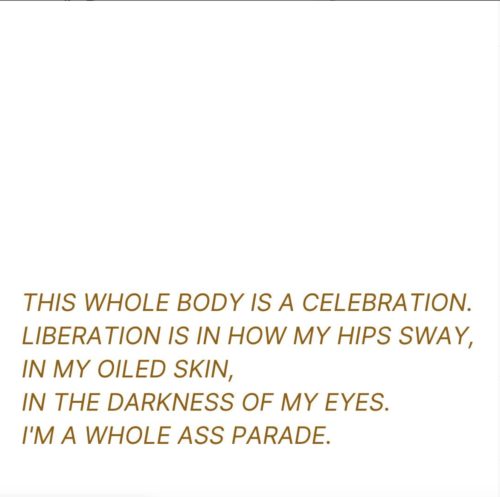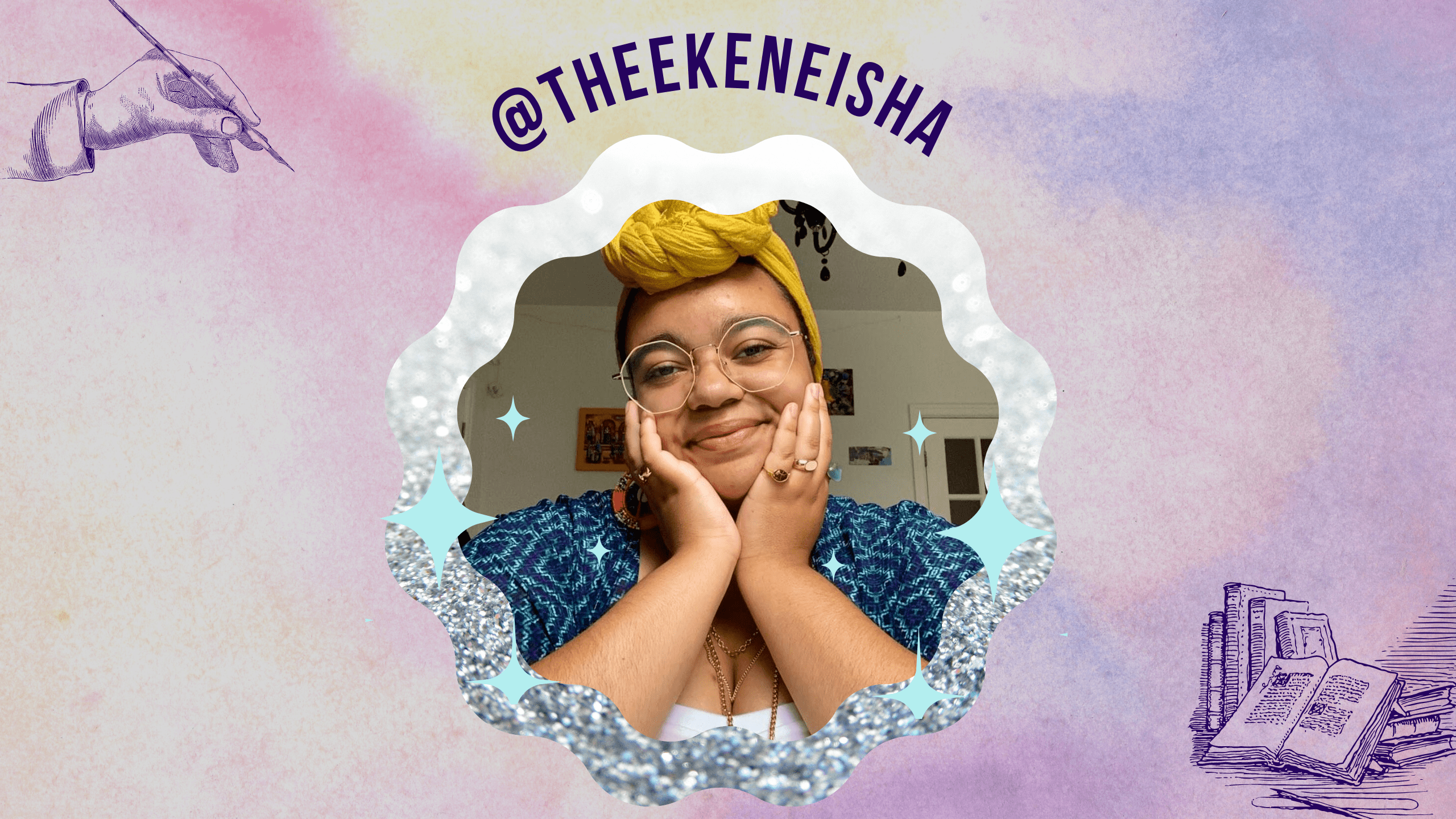By Aru Kaul
Since the age of 16, third-year Ryerson social work student Keneisha Charles has been using their poetry as a means of activism and liberation. As a queer, Black and non-binary artist, Charles’ poetry is influenced by individual parts of their identity surrounding blackness, fatness, queerness and transness, as well as how they intersect.
The history of African spoken word poetry motivated Charles to start writing poetry. Historically, African verbal art has been known to distill the essences of human experiences and speak about them in a way that evokes emotion.

Charles seeks to follow the tradition of Black, queer and transgender artists that came before them and carry on the tradition of their work. They have been active in their community supporting initiatives around anti-Black racism, queer-trans liberation and environmental sustainability. Charles not only seeks to express the injustices faced by those communities, but also to imagine what is possible.
“Poetry has been how I find my way back to myself and feel my way through unjust spaces,” said Charles. “The community I’ve been able to connect with through writing is also a huge inspiration to me.”
In their first year, Charles connected with PoEx, an on-campus poetry group, and was slated to represent Ryerson University at CUPSI, one of the biggest slam poetry competitions in America. Although the competition was cancelled due to the pandemic, Charles continued to advocate for marginalized communities using their art through on-campus initiatives.
Charles is also a member of the Consent Action Team, led by the Consent Comes First office at Ryerson. They said their role has given them an outlet for their poetry and a way to use their art as a form of activism. Through their poetry, Charles imagines a world without gender-based violence by focusing on how survivors heal from this violence.
Last month, Consent Comes First and the Ontario Universities Consent Action Network held an event called Stories Spark Change, where Charles was given the opportunity to perform their poetry. In this talk, author Roxane Gay and journalist Eternity Martis provided a safe space for survivors of sexual assault and created a space for healing.
“It was a gift to be part of such a tender event and everyone who showed up shared the space so lovingly,” said Charles.
In addition to poetry, Charles is also the co-founder of the Sankofa Sustainability Collective, an organization dedicated to fostering intersectional sustainability and building solidarity in environmentalism movements through mutual aid, community maps and knowledge sharing.
“Poetry has been how I find my way back to myself and feel my way through unjust spaces”
As a social work major, Charles points out the anti-Blackness that is present in their field. The job of social workers is to help others—especially those who are vulnerable—however social workers often deal with racism within the social work profession.
According to the National Association of Social Workers, racism and white supremacy are ingrained in institutions and largely affects the field of social work.
“I have a bit of a contentious relationship with social work due to the racism and colonialism that can be entrenched within it,” Charles said, emphasizing that their priority is to use their art as social action.
While Charles aims to use their work as a form of activism and advocacy, they also strive to create community.
“I hope that through art, we can nurture the radical love, for ourselves and our kin, that allows us to dream of worlds we have yet to know and co-create them together every day,” Charles said.













Leave a Reply